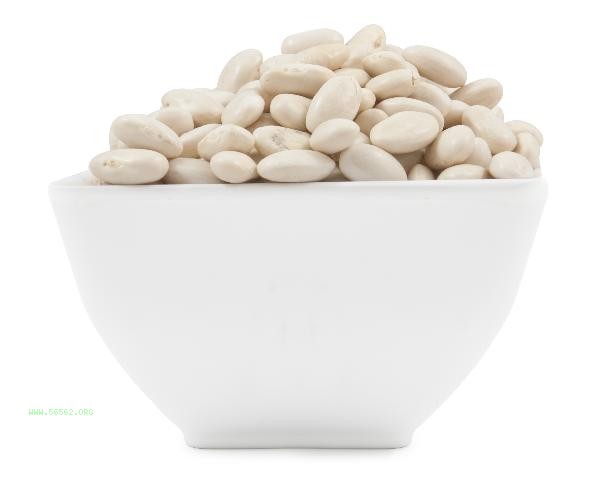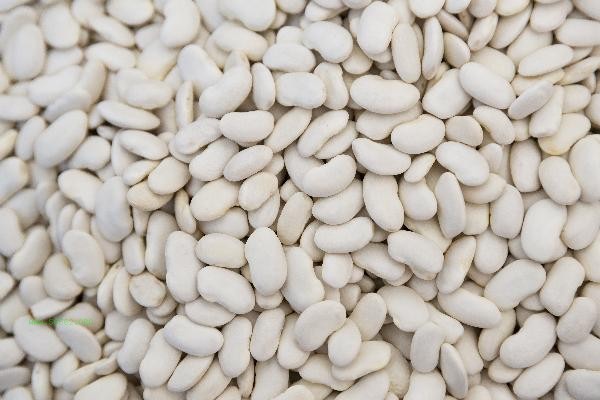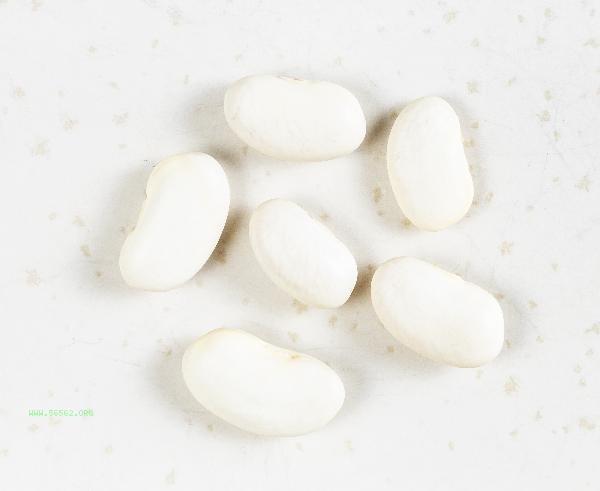Moderate consumption of legumes by girls can help supplement high-quality protein, regulate hormone levels, improve intestinal health, prevent anemia, and delay skin aging. The nutritional value of leguminous foods is mainly reflected in components such as phytoestrogens, dietary fiber, iron, soy isoflavones, and vitamin E.

1. High quality protein
Legumes are rich in plant protein, and their amino acid composition is close to the human body's needs, making them a high-quality substitute for animal protein. Soybeans, black beans, and other legumes have a high protein content. Long term moderate intake can help maintain muscle synthesis and repair, making them particularly suitable for supplementing protein needs in fitness or vegetarian women. Although the digestion and absorption rate of legume protein is slightly lower than that of animal protein, the utilization rate can be improved by reasonable combination of grains.
2. Regulating Hormones
Soy isoflavones, as natural plant estrogens, can bidirectionally regulate hormone levels in women's bodies. Moderate intake can alleviate discomfort during menarche in adolescent women, while it can help improve menopausal symptoms such as hot flashes and night sweats in perimenopausal women. Daily intake of 30-50 grams of soy products can have a regulatory effect, and excessive intake may interfere with thyroid function. Patients with thyroid diseases should follow medical advice to control their intake.
III. Gut Health
Legumes have a prominent water-soluble dietary fiber content, with approximately 11 grams of dietary fiber per 100 grams of chickpeas. This type of fiber can promote the proliferation of intestinal probiotics and improve constipation problems. Fermented soy products such as natto and fermented black beans contain more active probiotics, but those with weaker gastrointestinal function should control their consumption to avoid gas production and bloating.

4. Preventing Anemia
Dark colored beans such as red beans and black beans are rich in easily absorbable non heme iron, and when combined with vitamin C foods, can increase iron absorption rate. Women who experience significant blood loss during their menstrual period can consume legumes 3-4 times a week, which can help prevent iron deficiency anemia. But patients with severe anemia need to be treated with animal liver or iron supplements, and cannot rely solely on legumes for iron supplementation.
5. Delaying Aging
Soy isoflavones and vitamin E have antioxidant properties that can neutralize the damage of free radicals to the skin. Long term moderate consumption of tofu, soybean milk and other products will help maintain skin elasticity and reduce the formation of spots caused by ultraviolet light. Menopausal women who consume 25 grams of soy protein daily can observe improvements in skin moisture content and collagen synthesis.

It is suggested that women should pay attention to the diversification of bean food when incorporating it into their daily diet. They can choose different forms of bean products such as soybean milk, tofu, and soybeans to eat in rotation. Take 3-5 times a week, and control it at a small bowl of beans or 200 ml of soybean milk each time. Gastrointestinal sensitive individuals can choose peeled beans or fermented products, while gout patients should limit their intake. Combining vegetables and fruits rich in vitamin C during cooking can further enhance the absorption efficiency of iron and plant protein. Patients with special physiological periods or chronic diseases should adjust their intake and dosage of legumes according to their constitution.








Comments (0)
Leave a Comment
No comments yet
Be the first to share your thoughts!